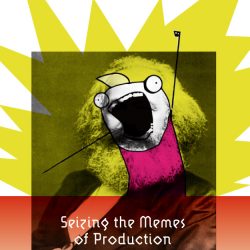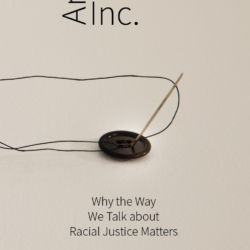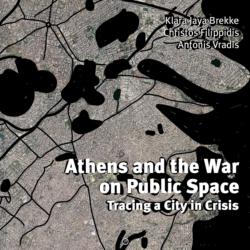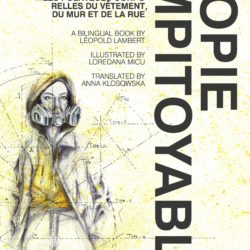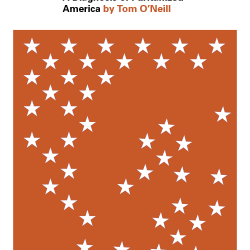Post Memes: Seizing the Memes of Production
Published: 11/25/2019
Art-form, send-up, farce, ironic disarticulation, pastiche, propaganda, trololololol, mode of critique, mode of production, means of politicisation, even of subjectivation — memes are the inner currency of the internet’s circulatory system. Independent of any one set value, memes are famously the mode of conveyance for the alt-right, the irony left, and the apoliticos alike, and[…]

